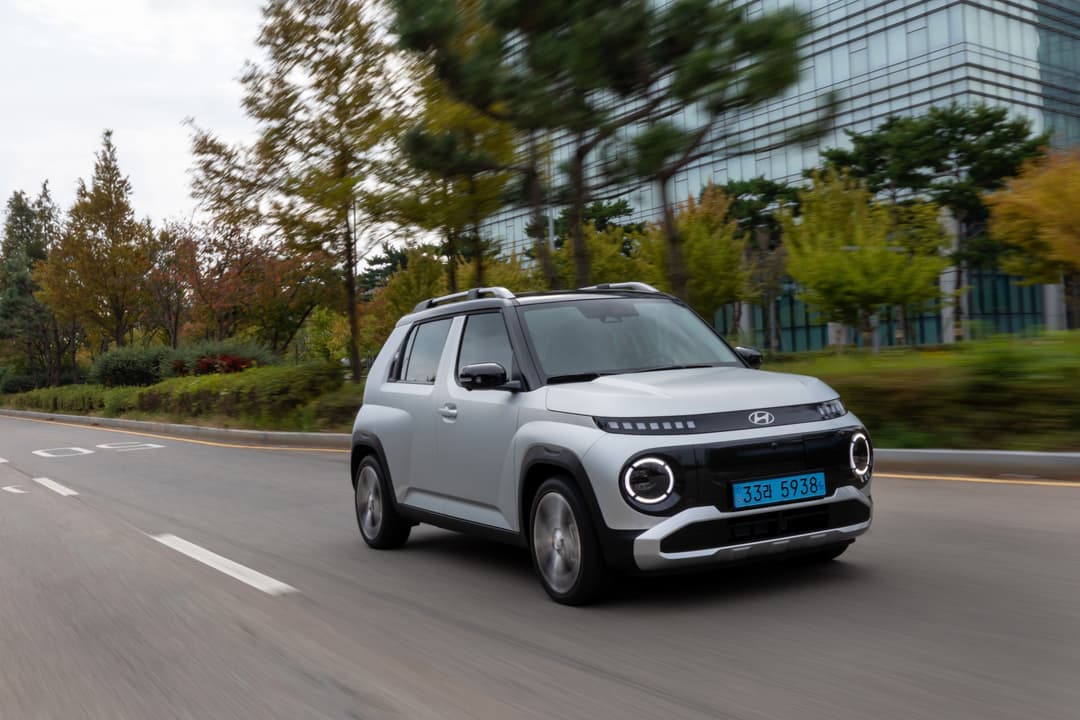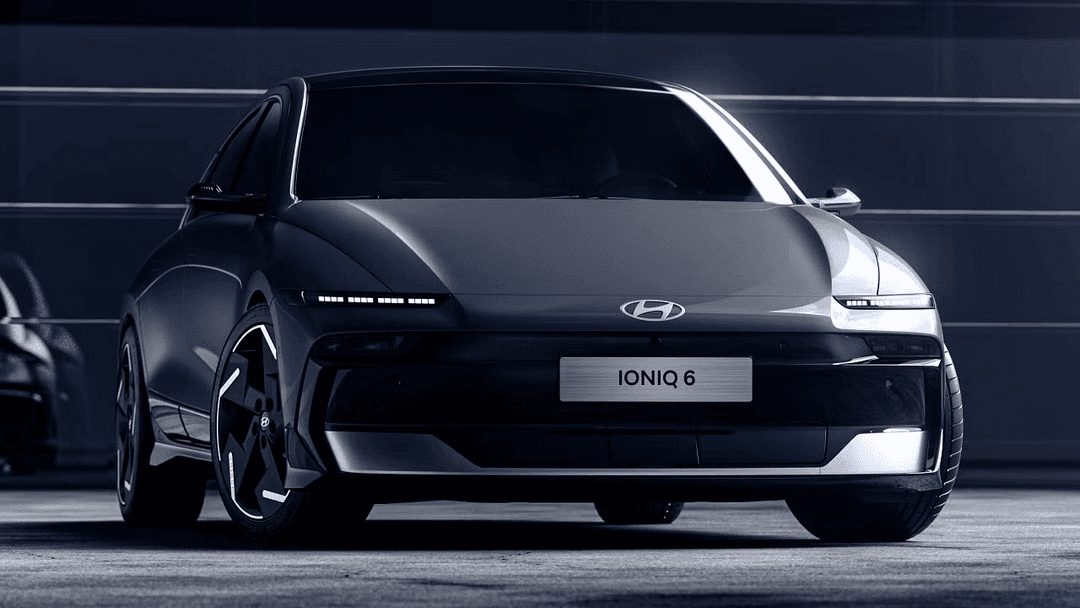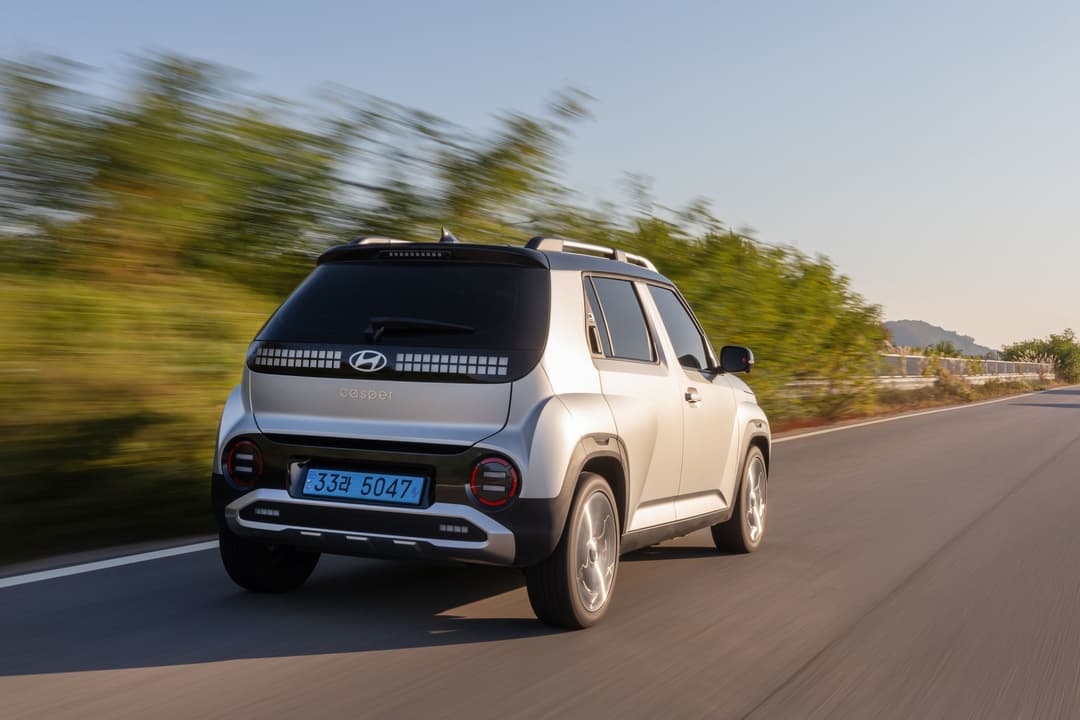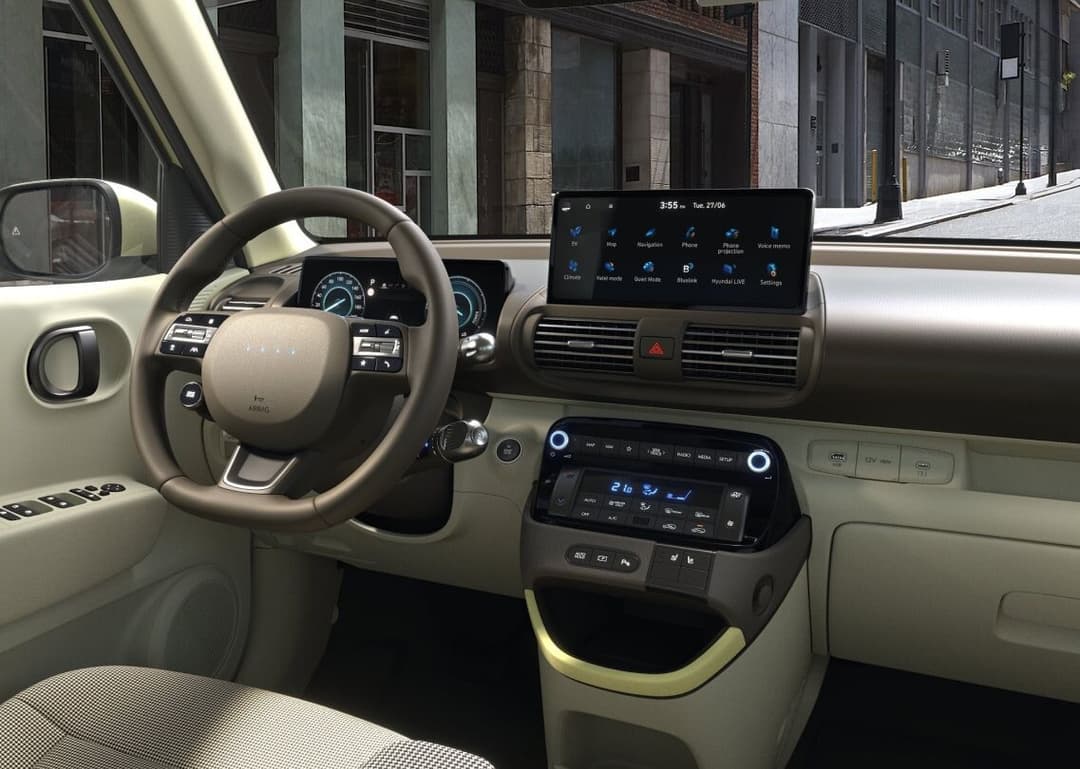Hyundai is tapping the brakes on its electric vehicle production in South Korea. The korean automaker is temporarily suspending manufacturing of the Ioniq 5 and Kona Electric at its Ulsan complex, with operations set to pause from April 24 to April 30.
The shutdown has been triggered by a sharp drop in demand across key global markets — especially Europe, Canada, and the United States. The decision, first reported by South Korea’s Yonhap news agency citing unnamed industry sources, highlights the mounting pressure facing automakers in a cooling EV market.
▶️MORE: Australia's EV Market Surges in March

The timing isn’t great for Hyundai. It’s already paused EV output once this year, a five-day halt in February, also tied to underwhelming demand. Now, just two months later, it’s making another adjustment as orders continue to slump, especially in April. According to reports, the drop-off is directly tied to the rollback or removal of government subsidies in several markets, as well as new trade barriers impacting exports.
Europe Taking the Biggest Hit
In Europe, the market for electric vehicles has lost some of its momentum. Government incentives that once turbocharged sales have been scaled back or eliminated entirely. That shift hit Hyundai hard. The Ioniq 5 SUV and its sleeker sibling, the Ioniq 6 sedan, didn’t even break into the continent’s top 20 best-selling EVs last year. Only the Kona Electric held its ground, finishing in 14th place with 36,450 units sold, a respectable but modest showing in a fiercely competitive segment.
▶️MORE: These Are the Best-Selling EVs in Australia in 2025

The picture in the U.S. is a bit more complex. Hyundai has been one of the few non-American brands to carve out a serious EV footprint in the States, with strong sales of the Ioniq 5, up 31 percent last year to 44,400 units. The Ioniq 6, however, slipped slightly with 12,264 units, a 6 percent decline. Notably, Hyundai doesn’t break down separate figures for electric and petrol versions of the Kona, making it harder to gauge that model’s performance.
▶️MORE: 2024 Hyundai Ioniq 5 price and specs
Tariffs, Incentives, and a Price Freeze in the US
But now the U.S. market presents a different kind of challenge — politics. A 25% tariff on imported vehicles was announced by the Trump administration last month, part of a protectionist push to favour domestic carmakers. Although the tariff has been postponed for 90 days, it’s still casting a long shadow over companies like Hyundai, which builds the Ioniq 5 both in South Korea and in Georgia, U.S., but still ships models like the Kona Electric directly from Ulsan to global markets.

In an effort to steady the ship, Hyundai has promised it won’t raise prices on its current EV lineup until June 2. That announcement is aimed squarely at calming nerves for both dealers and customers, in the face of uncertainty around tariff timelines and pricing volatility.
It’s a bold commitment, especially after Hyundai Group made headlines in March for announcing a massive $21 billion investment into its U.S. operations. That funding is meant to support everything from EV production to battery supply chains, but it’s clear that immediate market conditions are proving trickier than expected.
▶️MORE: BYD Reaches 1 Million EVs And Hybrids in Q1 Sales
Hyundai’s response has included a series of promotional campaigns: zero-interest finance deals in North America and down payment assistance in Europe. According to Yonhap’s sources, however, these efforts haven’t translated into the kind of sales bump the company hoped for.

What It Means for Australian EV Buyers?
For Aussie EV buyers it’s a reminder of how tightly the global EV market is interconnected. Australian buyers rely heavily on international automakers to bring the latest tech and models down under, and decisions made in South Korea, Europe, or Washington can have ripple effects on availability, pricing, and even delivery timelines here.
▶️MORE: Electric Car Incentives in Australia: State by State Guide (2025)
Hyundai remains one of the most prominent EV players in Australia, and models like the Kona Electric and Ioniq 5 have found solid footing locally. But if global production slows and demand stays shaky, we could see delays or inventory tightening on our shores too.
While Hyundai reassesses its global strategy, the message is clear: even the most forward-looking EV brands aren't immune to market headwinds. And in this moment, strong domestic policy, trade stability, and consistent demand will all be key to keeping the EV transition on track.
Stay up to date with the latest EV news
- Get the latest news and update
- New EV model releases
- Get money savings-deal
